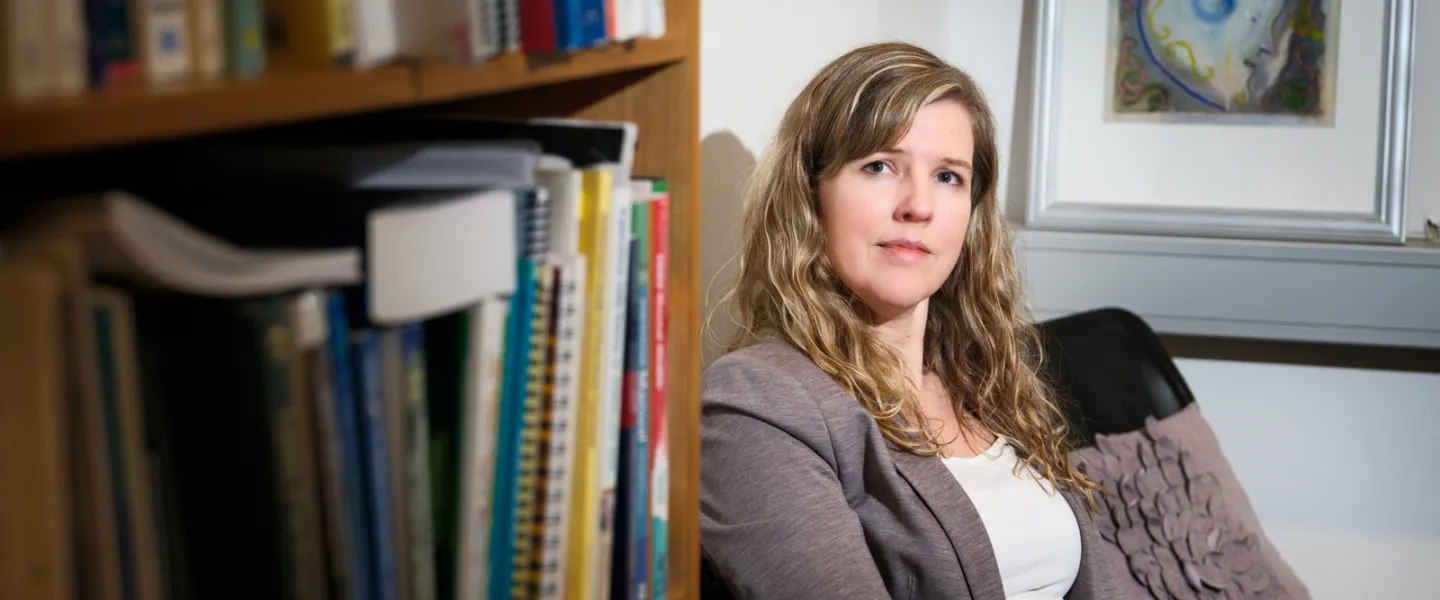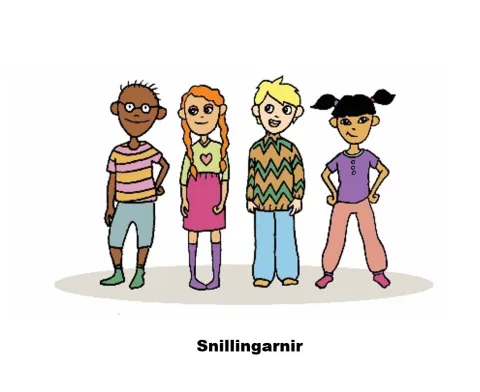
“ADHD is always a very interesting topic and kids with ADHD are such great kids, but they are often misunderstood.” So says Dagmar Kr. Hannesdóttir, assistant professor at the UI Faculty of Psychology, the principal investigator of a study that began this January at the Children’s Mental Health Centre for the Primary Health Care of the Capital Area, aiming to evaluate the effectiveness of a group program and individual counselling sessions for children with ADHD (attention deficit hyperactivity disorder).
Dagmar studied clinical child psychology in the US and graduated with a PhD in 2007. She began her career at the Centre for Child Development and Behaviour where she noticed a lack of resources for children with ADHD. In response, she began developing a research-based programme for Icelandic children. Dagmar has now been working for over a decade to develop resources for children with ADHD.
“When these children are forgetful or struggle to follow instructions, people don’t see their strengths. Most teachers and parents find it challenging to direct them in day-to-day activities, but it is also an opportunity. This programme is designed to work directly with the children in order to empower them and provide them with tools so they are better equipped to handle situations. It helps the children make changes so they don’t always need to rely on parents, teachers or other adults in school to step in.”
